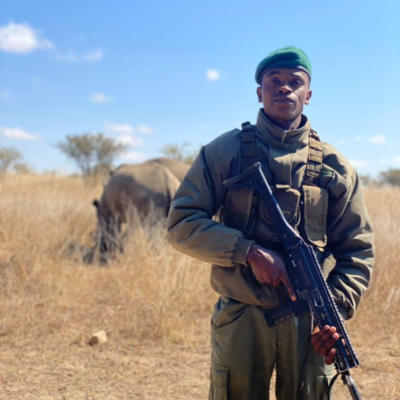
This World Ranger Day, we celebrate our brave conservation heroes and rangers, and highlight how they’ve coped with the challenges of the past year during the COVID-19 pandemic. Our featured rangers put a spotlight on key areas where they have been affected most (such as poaching and endangered species), the tourism industry that came to a standstill, the impact on local communities, and the importance of getting youth involved in conservation.
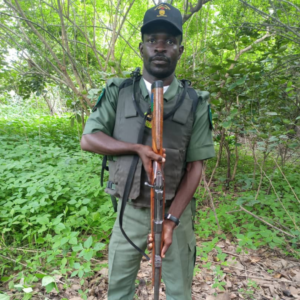

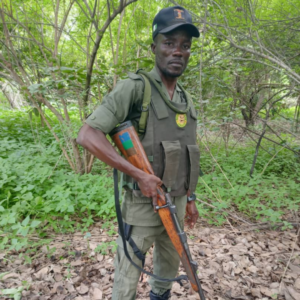

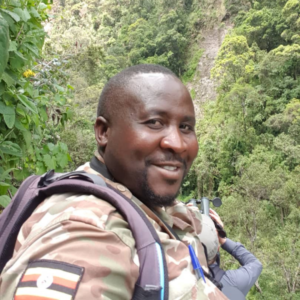

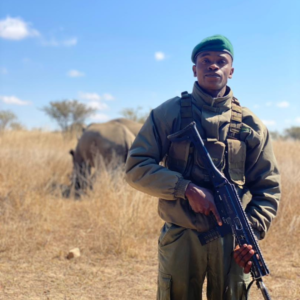

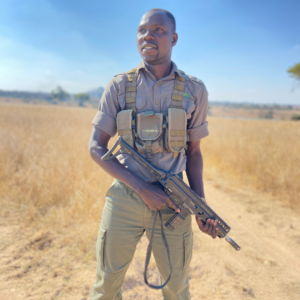

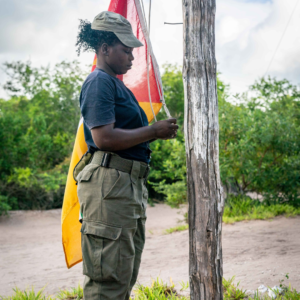



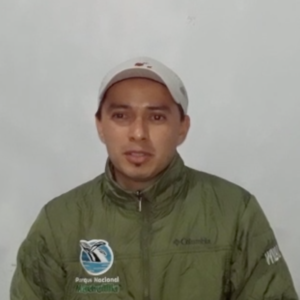

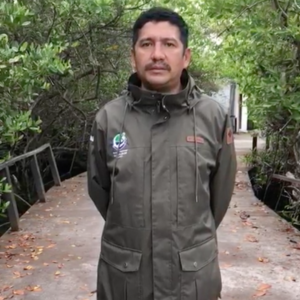

Help support rangers and WildAid’s worldwide efforts to save wildlife
Watch our video series on the WildAid and WildAid Africa Instagram TV page, celebrating more of the world’s unsung ranger heroes.
Stay in touch and get the latest WildAid updates.
SIGN UP